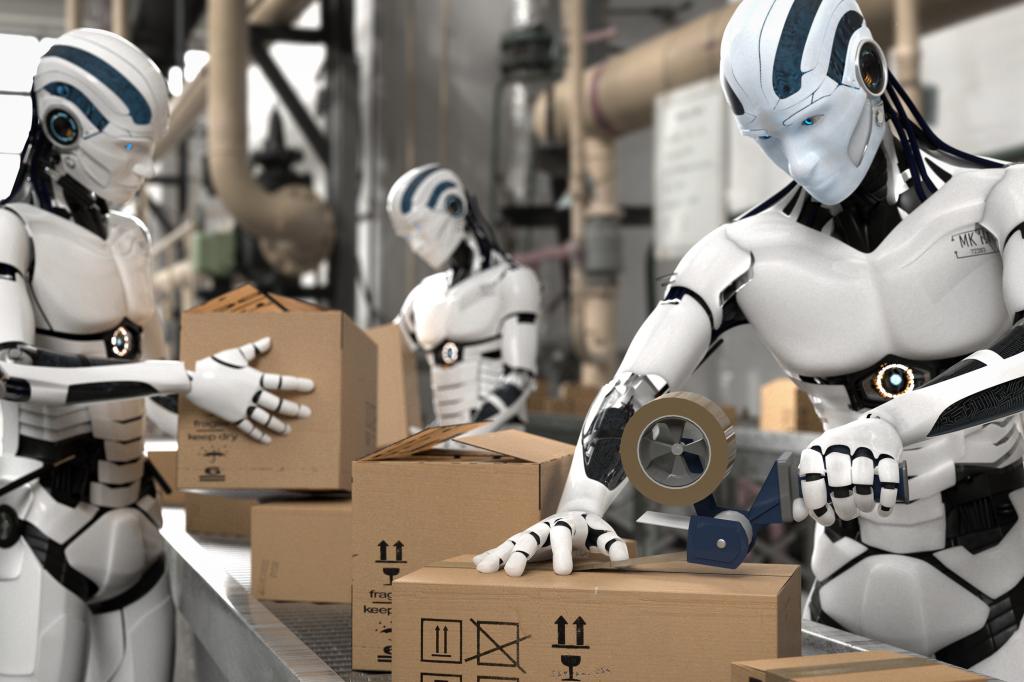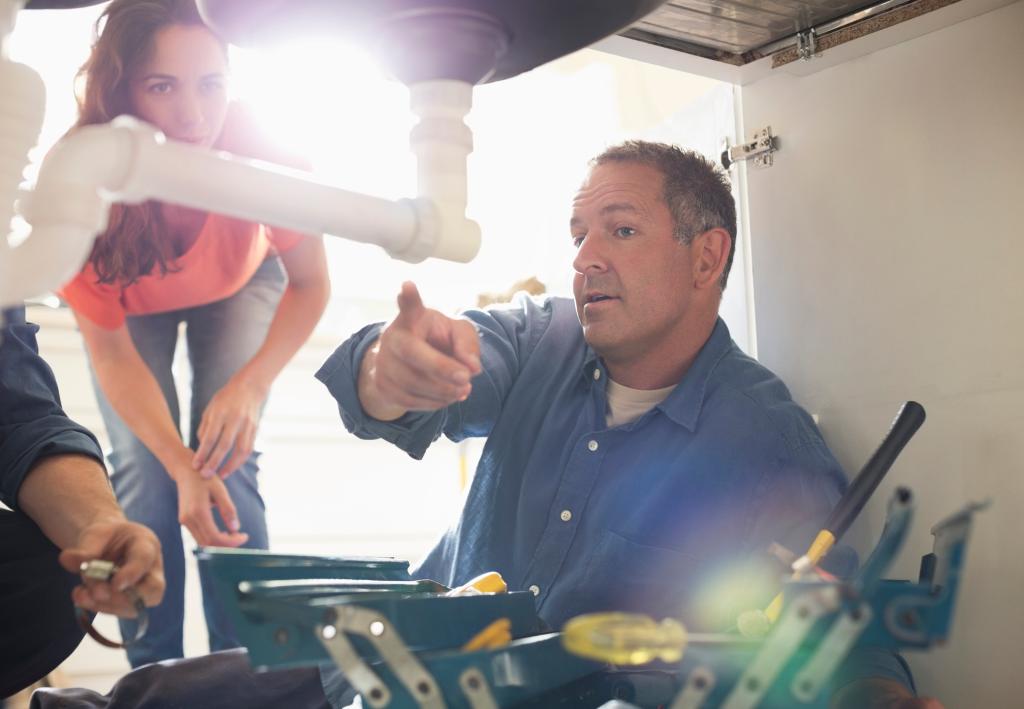You’ll never worry about AI stealing your job working in these trades
For those seeking careers in the skilled trades, opportunity is booming. And that is unlikely to change in the foreseeable future.
“There’s an interesting divergence in the job market right now,” said Cory Stahle, an economist at job search engine Indeed.com. “While demand for knowledge workers — white-collar professionals like software developers, mathematicians — was hot [it’s given way to] fields like construction and manufacturing, healthcare, security and so on, which have held up and even grown since the pandemic.”
When it comes to New York City, in particular, carpentry, construction, building maintenance and repair, transportation, infrastructure and service trades (think barbers) are especially hot, according to the New York State Department of Labor.
And while some jobs, like those held by accountants, customer service pros, financial underwriters and paralegals, may be sharply and negatively affected by AI, “the demand for workers in the skilled trades will be less disturbed” said Stahle.
The pay for skilled jobs, once you complete the apprentice phase, isn’t too shabby either. Consider that salaries for elevator installers and mechanics range between $76,147 and $113,621 according to Salary.com, while Payscale.com has seen an hourly rate as high as $210 (about $436,800 per year).
It’s not just that the pay is good, but also that the work is rewarding. Don’t believe us? Then take it from Mike Rowe, creator and host of Discovery Channel’s “Dirty Jobs” and trades spokesperson.
“The job isn’t just what I do, it’s a part of who I am,” he said. “I’m a working-class tradesman and there’s no higher honor than that as far as I’m concerned.”
Here’s a sampling of the hottest jobs in skilled trades in New York City.
A cut above
With so many men going to the barber every two to three weeks, barber shops are busy. And it’s not just about the hair and beards; they’re a place for men to unwind, socialize and leave feeling refreshed.
They’re also willing to spend — and tip.
With a growth rate of 18% and no slowdown in sight, barbers are in greater demand than data scientists or most other tech workers.
To enter the profession, you must obtain a health certification and work as a registered apprentice for two years before successfully completing the NYS practical exam.
Pay in NYC averages $84,644 including tips, according to Glassdoor.
Pipe dreams
If you have a valid driver’s license, strong communication skills and mechanical aptitude, you have the basic requirements to become an apprentice/technician at companies like Roto-Rooter,
New hires receive paid training at a local plumbing trade school operated by or in partnership with their company. Upon completing their training, they work under a master plumber.
Once they complete all of the required training and put in the necessary hours, they are eligible to take the exam to become a master plumber. Pay is initially between $55K and $65K, depending on the location.
Another route into plumbing is attending a trade school, many of which promise to deliver a quicker path into the profession. Nine months after entry, trainees are set up to enter programs as second-year apprentices and get OSHA 10 certification.
Helmets to Hardhats, a service for veterans, offers no-cost or low-cost paid training through a partnership with the United Association of Journeymen and Apprentices of the Plumbing and Pipefitting Industry of the United States and Canada.
Master plumbers in NYC earn $104,000 to $168,000 according to Glassdoor.
Blowing hot and cold
Roles for those who work in heating, air conditioning and refrigeration are expected to grow 6% through 2030 according to the US Department of Labor’s Bureau of Labor Statistics.
After earning a high school diploma, aspiring professionals typically complete training programs as well as apprenticeships.
Start your day with the latest business news right at your fingertips
Subscribe to our daily Business Report newsletter!
Thanks for signing up!
A wide variety of technical schools offer training, including at Building Skills NY, a nonprofit dedicated to helping historically underemployed New Yorkers gain the skills and certifications necessary to enter and advance in the construction industry. It partners with LaGuardia Community College.
Pay can be on the low side initially (in the high teens) but then grows substantially after the first six months, ranging in NYC between $41,927 and $107,472, according to Indeed.com.
Wooden it be nice
“Carpenters will build the next skyline of New York City,” said Jill Watson, director of communications at New York City District Council of Carpenters.
There are myriad roles in this area — consider the category “dock builders and timbermen,” which includes numerous subspecialty occupations. There’s one for divers who build, inspect and repair bridges and weld and reinforce steel underwater. Another, “shorer”, describes an occupation whose members design, install and maintain temporary support systems.
To learn more about these and other types of roles, “you will have to attend an in-person informational session,” said Watson. However, selection is competitive. Among other requirements, proof of any trade-related experience, certification or education is a must.
Helmet to Hardhats, Building Skills NY, Workforce 1, City Tech, Nontraditional Employment for Women and commercial trade schools may all serve as good starting points.
The salary for a journeyman carpenter in NYC is $75,000 to $114,000 while construction managers earn as much as $248,000 according to Glassdoor.

















